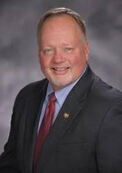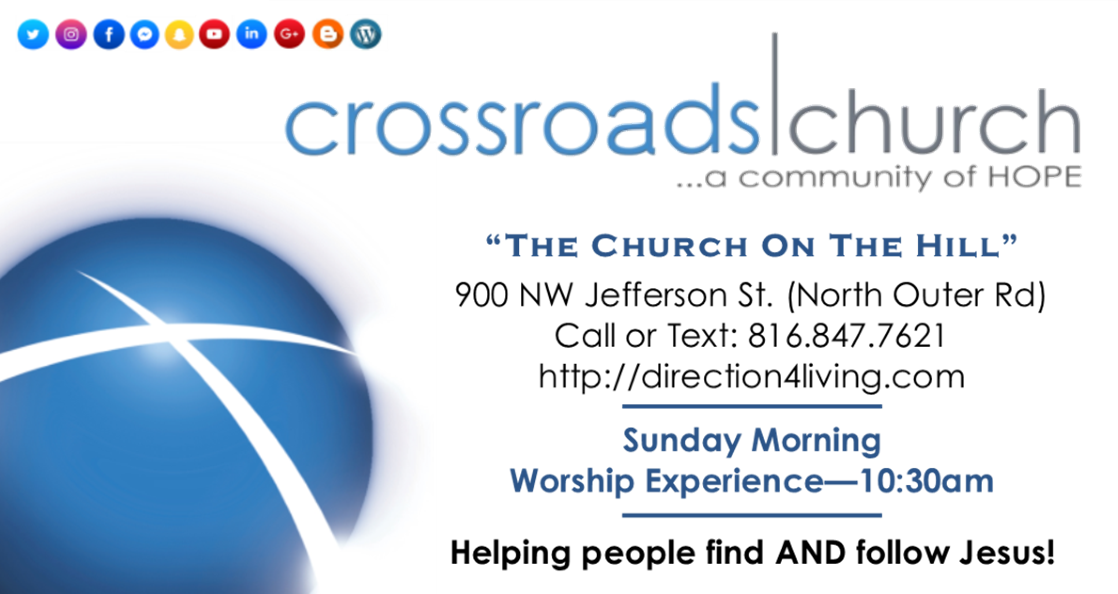|
|
House Approves Medicaid Funding Measure and Strong Pro-Life Protections (SB 1 and HB 2)
House members made a strong statement this week in support of the state’s most vulnerable citizens and in defense of the lives of the unborn. The House approved legislation that will provide essential funding to the state’s Medicaid program, also known as MO HealthNet, and passed a pro-life bill meant to prevent taxpayer dollars from going to abortion providers. Lawmakers were called into a special legislative session last week by Governor Mike Parson to renew the Federal Reimbursement Allowance (FRA) program. Under the program, hospitals, nursing homes, and pharmacies provide funds to the state and MO HealthNet uses these funds to draw down matching federal dollars. The state collects approximately $1.6 billion, which draws down $2.9 billion in federal support. Gov. Parson told lawmakers he would have to cut $722 million from budget if the FRA isn’t renewed. Lawmakers took up and passed SB 1 to renew the FRA program. Specifically the bill extends the sunset for the program from September 30, 2021 to September 30, 2023. House and Senate members also agreed to pro-life language in the bill. The provision prohibits the state’s Medicaid program from covering any drug or device approved by the FDA that may cause the destruction of, or prevent the implantation of, an unborn child. The House also advanced its own pro-life legislation, HB 2, meant to prevent taxpayer dollars from going to abortion providers in the state. The bill makes it unlawful for any public funds to be expended to any abortion facility, or to any affiliate or associate of the facility. The sponsor of the bill noted the legislature had previously moved to defund Planned Parenthood through language contained in the state operating budget. However, the Missouri Supreme Court ruled in 2020 that the Missouri Constitution prohibits lawmakers from using appropriations bills to create policy. HB 2 is meant to comply with the constitution by implementing the language in a policy bill. The sponsor also noted the bill contains provisions to protect the state from a possible repeal of the Hyde Amendment, which bars the use of federal funds to pay for abortions. The bill makes it clear that no federal act, law, order, rule, or regulation can infringe on the rights of the people of Missouri to encourage childbirth over abortion in the use of taxpayer funds, and to restrict public funds from being used to perform or assist in an abortion. While SB 1 will now become law with the governor’s signature, HB 2 still requires Senate approval before moving to the governor’s desk. If the Senate does not take action on the bill before the special session concludes, lawmakers have been assured that Gov. Parson will work to prevent taxpayer dollars from going to Planned Parenthood by implementing an administrative rule. Legislation to Support Small Businesses and Cut Taxes Signed into Law (SBs 153 & 97) Governor Mike Parson recently signed legislation designed to level the playing field so Missouri-based businesses can better compete with their online counterparts. Commonly referred to as the Wayfair bill, it would require online retailers to collect sales tax on internet purchases made by Missouri consumers. The bill would balance this new tax revenue collected from online purchases by cutting personal income tax for Missouri taxpayers. The bill will allow Missouri and local jurisdictions to collect a use tax from online retailers who sell and deliver more than $100,000 in tangible goods to consumers in the state annually. Collection and remittance obligations will begin on January 1, 2023. Currently, Missouri businesses lose sales because out-of-state, online retailers are not subject to the same state sales tax laws that local businesses are. The current system also burdens Missouri businesses because they are required to remit sales and use taxes to other states, but out-of-state businesses selling to Missourians do not. The new tax revenue generated by the collection of the use tax will be offset by a tax reduction for Missourians. Under legislation previously approved by the General Assembly, Missourians receive a 0.1 percent reduction in income tax when revenues grow at a healthy level. The bill signed into law by Gov. Parson adds two additional 0.1 percent reductions if revenues reach the growth trigger. Additionally, the bill calls for a third 0.1 percent reduction in 2024. In total, with the previous legislation and the bill approved this year, Missourians could see their income tax cut by a total of 0.8 percent. The legislation also creates the Missouri Working Family Tax Credit Act, which is a state level earned income tax credit (EITC) worth at least 10 percent of any federal EITC utilized by a taxpayer. If revenues grow at a healthy level the amount of the credit would increase to 20 percent. The EITC will provide vital tax relief for low- and middle-income families. Additionally, it protects Missourians from having to pay state income tax on the federal stimulus payments they received. Other Bills Recently Signed into Law by Gov. Parson SB 36 establishes the Capitol Complex Tax Credit program to preserve historic buildings located throughout downtown Jefferson City for generations of Missourians to enjoy. Buildings like the State Capitol, the Governor’s Mansion and others need financial support and investment if we expect them to stand the test of time. Through SB 36, individuals can donate to restoration and preservation efforts for these buildings and receive a portion of their donation back as a tax credit. SB 57 creates the Economic Distress Zone Fund which provides funding to nonprofits that focus on deterring crime in high crime areas of the state. It also creates the Critical Incident Stress Management Program to assist officers with stress and trauma. HB 402 protects lottery winners from unwanted attention. The current practice is for prize winners to have their names posted to the lottery website to announce their winnings. The bill changes state law to prohibit the lottery from publishing the name, address, or identifying information of a lottery winner in printed or electronic form. SB 71 allows victims of domestic abuse to obtain lifetime orders of protection against their abusers. Under current law, a court can issue an order of protection for up to one year. SB 71 will allow courts to issue protection orders for any length of time the judge feels is appropriate, up to and including a lifetime. The bill also allows parents, guardians, and juvenile officers to appeal child placement decisions, allows modifications to custody agreements to include grandparent's visitation rights, and modifies the definition of stalking to include newer technologies like social media. HB 697 puts important consumer protections in place for residential Property Assessed Clean Energy (PACE) programs, which provide loans for energy efficient home improvements. The bill remedies the fact these programs currently have little oversight by requiring them to be reviewed by the Division of Finance at least every other year. The bill also requires PACE programs to provide residential borrowers with complete information about the potential impact of their loan. Additionally, the bill will require programs to base loans on local government appraisals rather than rely on private appraisers who may have higher valuations. SB 106 modernizes statutes related to the licensing and regulation of financial institutions in Missouri. Additionally, the bill allows the Division of Finance to approve certain mergers of financial institutions and aligns state law with the Universal Commercial Code requirements for electronic lending instruments. HB 345 allows arbitration awards for personal injury and wrongful death claims to be enforced against an insurer only when the insurer has agreed to the arbitration agreement in writing. SB 6 modifies statutory provisions regarding insurance, including making association health plans more accessible, clarifying protections and responsibilities of insurers and consumers in group policies, and ensuring continued National Association of Insurance Commissioners (NAIC) accreditation and best practice standards in Missouri related to reinsurance. SB 176 creates statutory definitions and operational frameworks for food delivery platforms (FDP) and personal delivery devices (PDDs) in Missouri. The bill also creates a definition for electric bicycles of three classifications, and excludes electric bicycles from definitions for other types of vehicles. HB 476 cuts bureaucratic red tape to ensure more skilled veterans are able to work and practice in the state. It allows members of the military or veterans to use their military experience or training towards a relevant occupational license. The bill also enacts the Occupational Therapy Licensure Compact and modifies other provisions related to professional licensure. HB 273 adopts several of the same provisions relating to professional licensure as HB 476, updates the Uniform Athlete Agents Act, and clarifies that the sole act of shampooing does not require state licensure. Please let me know If you have other concerns and suggestions. If you would like to schedule a specific time to meet locally, please call my office at 573-751-1487, or email my office at [email protected]. Comments are closed.
|
Categories
All
Archives
July 2024
|
Grain Valley NewsGrain Valley News is a free community news source published weekly online. |
Contact Us |



 RSS Feed
RSS Feed
